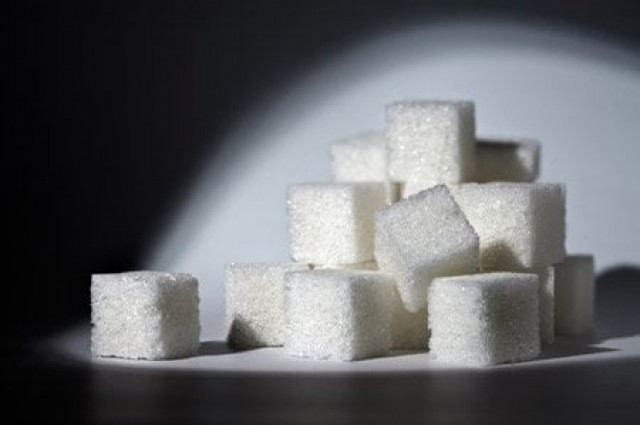No sweet deals
Sugar production has seen an increase over the years, but demand has been unable to keep pace

PHOTO: REUTERS
Sugar production has seen an increase over the years, but demand has been unable to keep pace. On the other hand, exports aren’t that appealing due to depressed prices in the global market. Millers feel a subsidy is the only way to keep them competitive, while maintaining prices in the domestic market. It is pertinent to mention that support prices are provided by the government, determining at which rate sugar cane is sold to millers. This has hurt farmers to some extent since middlemen tend to keep their share, irrespective of what the support price may be. However, when prices in the global market remain low, it makes it difficult for millers to attract profits. Pakistani governments have always looked to intervene in such situations, as they look to control sugar prices in the domestic market and subsidising the sale of the commodity, especially in the holy month of Ramazan when demand tends to reach its peak. But when exports are allowed, it’s interesting to see that there is almost always a shortage of the commodity. This happens fast. From a supply glut, it is interesting to see that prices are hiked as millers cite a shortage soon enough. There, price implementation, subsidy rates, exports and production need to be monitored. It isn’t. Pakistan has been unable to look after its farming community, and failed to educate it with regard to demand-supply dynamics.
Published in The Express Tribune, August 3rd, 2017.
Like Opinion & Editorial on Facebook, follow @ETOpEd on Twitter to receive all updates on all our daily pieces.














COMMENTS
Comments are moderated and generally will be posted if they are on-topic and not abusive.
For more information, please see our Comments FAQ